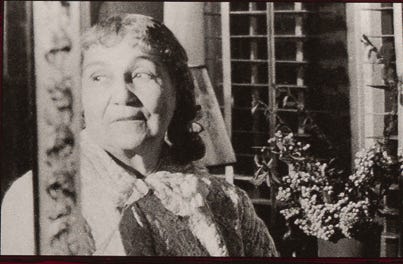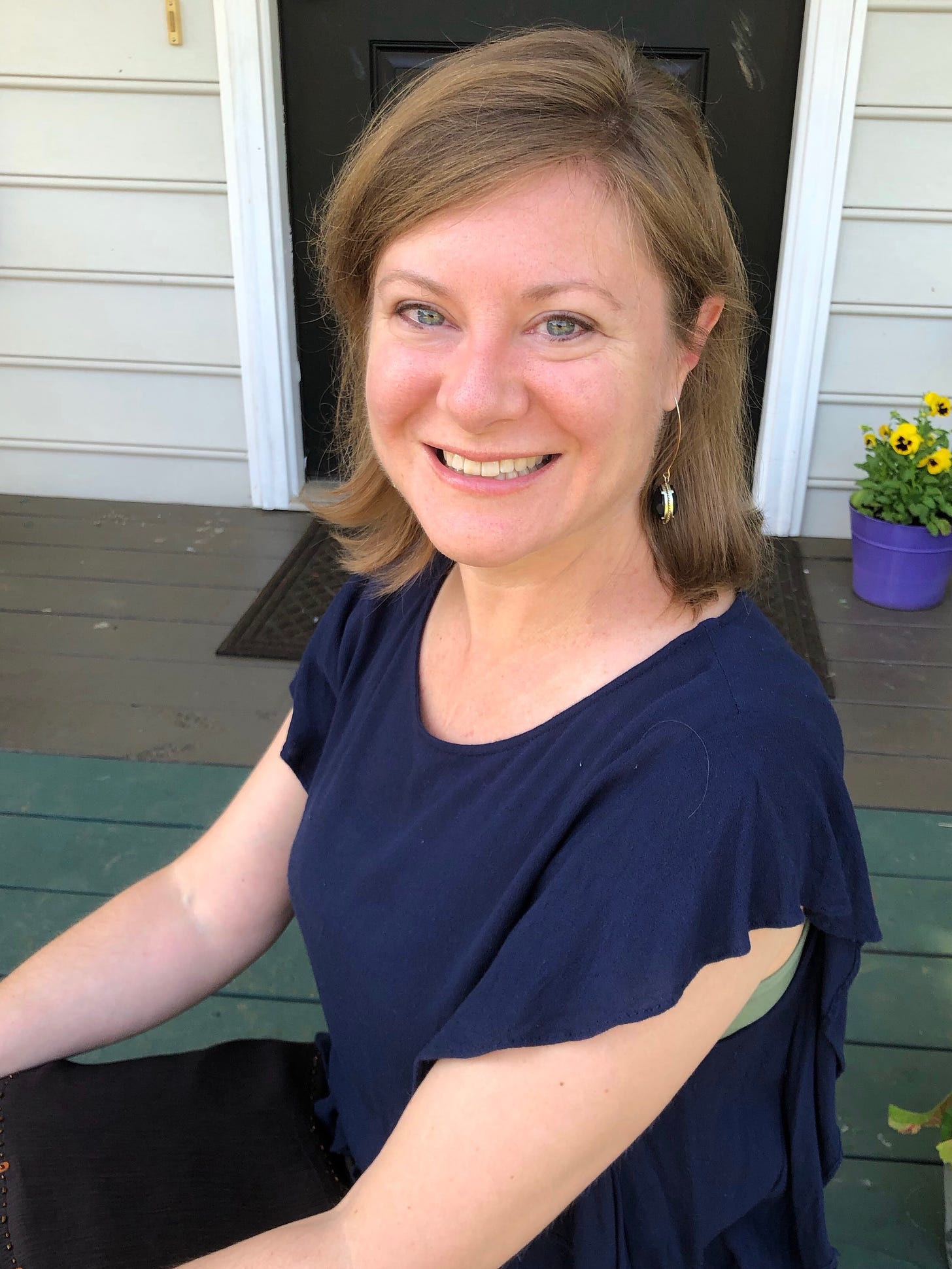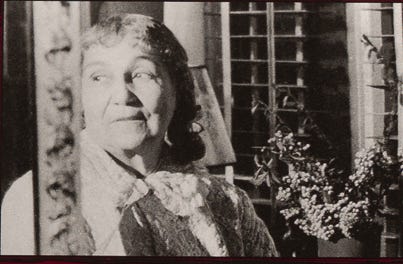Day 11: The Work Is Worth It
A reading and meditation on three poems by Lynchburg poet and activist Anne Spencer (1882-1975)
You’ve had a hard time
bringing it to me
from the ground
In our 2023 bridge crossing, we talked about Lynchburg poet Anne Spencer’s contribution to the Beloved Community that is our city. Read that essay here. This year, we look at three of her poems and what they say about this work of truth-telling, justice, and love: “Sometimes our hope feels flightless. Sometimes it feels like all we do is sing a small song in this life. And maybe that’s true. But Anne kept singing.”
Dunbar
Ah, how poets sing and die!
Make one song and Heaven takes it;
Have one heart and Beauty breaks it;
Chatterton, Shelley, Keats and I—
Ah, how poets sing and die!
In this first poem, Anne Spencer places herself among the poetic greats—Shelley and Keats—and also in the more immediate tradition of Black poets like herself—Paul Lawrence Dunbar (for whom Lynchburg’s Black high school, where she was librarian, was named). She expresses concern over whether the poetic endeavor is worth it. How little any one person can write in a lifetime! How small the work seems!
In the second poem, she goes deeper:
Earth, I thank you
Earth, I thank you
for the pleasure of your language
You’ve had a hard time
bringing it to me
from the ground
to grunt thru the noun
To all the way
feeling seeing smelling touching
—awareness
I am here!
Now we’re talking! Now Spencer has set her poetic angst aside and is out on the soil, where she—the consummate gardener—is so good at making things grow. But this poem isn’t all easy. “You’ve had a hard time,” she tells the earth, bringing me here. There are different meanings to find in this poem that can all be correct. What I’m thinking right now is the way this is a Black declaration: “I am here!”
I imagine Anne Spencer looking back over her ancestors’ long and terrible route from halfway around the world and across the burdened centuries, and I imagine her laughing at the understatement— “You’ve had a hard time / bringing it to me.” I imagine that “it” is her life. The endurance of her ancestors has given her this “feeling seeing smelling touching—awareness,” this very life she lived here in Lynchburg, Virginia from 1882-1975. I think she is recognizing all the perseverance, the hard work and the hope, that have brought her to this place in time where she is in conversation with, among others, famed Harlem Renaissance poet Langston Hughes.
Which brings me to the third poem, the most difficult of the three:
Dear Langston,
And that is what my days
have brought…
and this: lamp, odorless oil
round its long
dried wick
Hope without wings
Love itself contemned
Where Michael broods,—
Arc after arc, you see,
If any where I own
A circle it is one
frustrate beginning
Spencer scribbled this clutch of verse in the margin of one of her notebooks. Was it the beginning of a letter to her friend Langston? Was a version of it ever sent? We don’t know. What I hear when I read these lines are a soberness, a withholding of that wild joy that runs through “Earth, I thank you.” She mentions “Hope without wings” and laments that, in “arc after arc” of her life—I imagine her various spheres of garden, library, poetry, activism family—she doesn’t see things come full-circle. Her work feels like “one / frustrate beginning.”
Don’t we know the feeling in this work of social justice? We keep our eyes open; we learn the histories; we keep community; we seek to love our neighbor, but sometimes, all we feel is that “grunt” from the ground in the previous poem. Sometimes it feels like start after start, without completion. Sometimes our hope feels flightless. Sometimes it feels like all we do is sing a small song in this life. And maybe that’s true.
But Anne kept singing. She wrote her poems, she kept at her work in the community, she stayed involved from the Harlem Renaissance through the Civil Rights movement, and based on that second poem, I think sometimes she did see “all the way / feeling seeing smelling touching” to an exultant awareness that good things can happen. That the work is worth it.
The work is worth it.






Beautiful reflections on a great poet! Thanks, Rebecca.
Wonderful selections and insights!